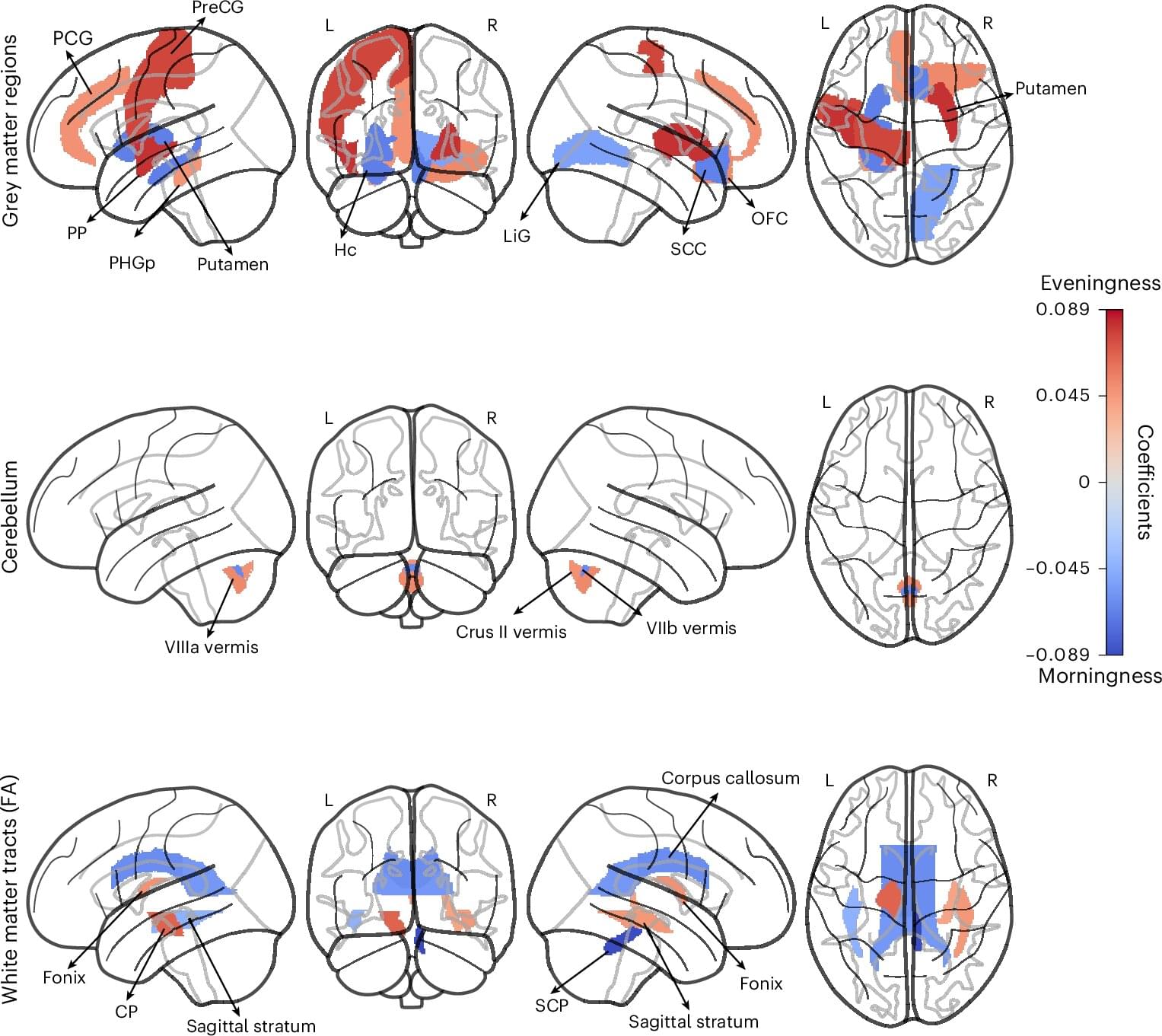Today, most of us carry a fairly powerful computer in our hand—a smartphone. But computers weren’t always so portable. Since the 1980s, they have become smaller, lighter, and better equipped to store and process vast troves of data. Yet the silicon chips that power computers can only get so small.
“Over the past 50 years, the number of transistors we can put on a chip has doubled every two years,” said Kun Wang, assistant professor of physics at the University of Miami College of Arts and Sciences. “But we are rapidly reaching the physical limits for silicon-based electronics, and it’s more challenging to miniaturize electronic components using the we have been using for half a century.”
It’s a problem that Wang and many in his field of molecular electronics are hoping to solve. Specifically, they are looking for a way to conduct electricity without using silicon or metal, which are used to create computer chips today. Using tiny molecular materials for functional components, like transistors, sensors, and interconnects in electronic chips offers several advantages, especially as traditional silicon-based technologies approach their physical and performance limits.









